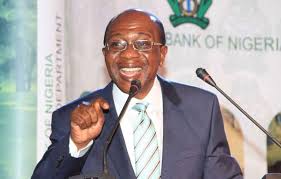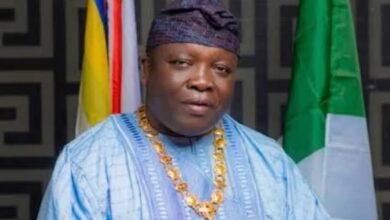
The surprise cut of the Monetary Policy Rate, MPR, the rate at which the Central Bank lends to the commercial banks which consequently determinesother lending rates in the economy, from 12.5 to 11.5 % has continued to generate heated controversy among financial analysts and other economic stakeholders in the country According to some analysts the CBN’s dovish stance which is expected to reduce cost of funds is likely to have a limited impact on credit growth. This , they noted might be due to the high level of risk aversion by Nigerian banks.
It was observed that since the last rate cut in May’20, credit to the private sector had only grown in nominal terms while the rate of growth slowed to 6.94% in August compared with 7.47% in May.
Furthermore, though the 100bps cut in MPR means a further 10bps reduction in the minimum interest rate on savings, however , at a time when inflation is galloping the implication is that the negative real rate of return on savings would widen. Other expected impact of the regulatory rate cut ,analysts added , is reduction in the marginal propensity to save, which will translate to a higher marginal propensity to consume (MPC) and could stoke inflationary pressures.
The adoption of a more dovish stance ,they observed ,runs contrary to the conventional logic that lower interest rate would fuel inflationary pressures. “The assumption that a reduction in interest rates will automatically and immediately translate into output growth and lower inflation undermined the time lag between policy and impact.” According to the EIU, “Tolerance of high inflation by the CBN indicates that the issue will be left largely unchecked over the medium term, as its strategy to boost supply side of the economy plays out to a conclusion – and one that we expect to differ from the MPC’s theory”, Proshare, a high financial firm declared
Some analysts noted that with a headline inflation rising to 13.22% in August, the highest level in 29 months, the probability that it will hit or close the year at 14.5% due to higher PMS price and cost reflective electricity tariffs might not be in doubt .
“Rising inflation could dampen investor confidence, squeeze consumer disposable income and reduce aggregate demand”, they warned
Moreover, they believed lower interest rate amid rising inflation would increase the interest rate-inflation differential in favour of the US.
“This heightens the risk of capital flight, which will further increase the pace of external reserves depletion.”Furthermore they observed also that Nigeria being an import dependent economy stands the risk of higher import prices due to a stronger dollar. “This will negatively impact the country’s balance of trade and terms of trade levels.”
Moreover, the analysis noted that the “CBN’s ability to support the naira is undermined and hence we could experience some exchange rate volatility”At its penultimate meeting in 2020, the monetary policy committee (MPC) surprisingly lowered the benchmark interest rate by 100bps to 11.5%p.a. from 12.5%p.a. This is the second rate cut in 2020 and the lowest MPR since 2016. The asymmetric corridor between borrowing and placing funds with the CBN has also been expanded to +100/-700bps from +200/-500bps. This means that access to the CBN discount window by the Deposit Money Banks (DMBs) is now cheaper. The standing deposit facility (SDF) will reduce by 300bps to 4.5%p.a. while the standing lending facility (SLF) will fall by 200bps to 12.5%p.a. The CRR and liquidity ratio were left unchanged at 27.5% and 30% respectively. “We do not expect a significant change to the monetary policy stance again this year. The committee will continue to monitor the impact of the rate cut and other policy pronouncements on economic growth and prices. However, a further spike in inflation could force the MPC to reverse its current monetary stance and tilt towards a tighter monetary stance in 2021.”,




